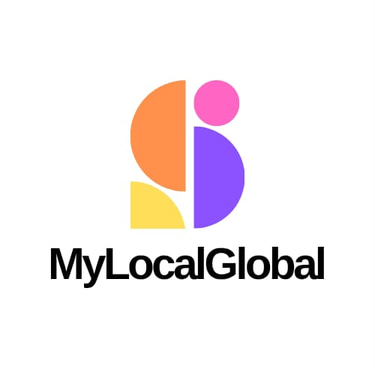English speaking Biotechnology Jobs in Europe
130+ Open Jobs.
Jobs>Europe>Biotechnology
137 total jobs
-
Unlock Your Next Great Hire. Recruit with Faruse!
Promote your job openings seamlessly and efficiently, reaching 200 thousand of potential candidates in just a few clicks.
Post a job AI Recruitment Recruitment Outsourcing -

Project assistant
- SPONSORED JOB
- Poland
- Freelance
- MyLocalGlobal
FreelanceCo-Pilot Path Finder Consultation AI Salary Job Matcher View Job -
Sales Representative
- SPONSORED JOB
- Remote
- Full-time
- Crystalia Glass
Full-timeCo-Pilot Path Finder Consultation AI Salary Job Matcher View Job -

Fine Art Production & Dispatch Associate
- SPONSORED JOB
- Germany , Dusseldorf
- Full-time
- ThePrintSpace
Full-timeCo-Pilot Path Finder Consultation AI Salary Job Matcher View Job -
Nurse
- Wemmel
- Full-time
- Focus Eye Clinic
Full-timeCo-Pilot Path Finder Consultation AI Salary Job Matcher View Job -
Senior Outsourcing & Third-Party Risk Officer
- luxembourg, luxembourg
- Full-time
- Mitsubishi UFJ Investor Services Banking Luxembourg S.A.
Full-timeCo-Pilot Path Finder Consultation AI Salary Job Matcher View Job -
Senior Outsourcing & Third-Party Risk Officer
- luxembourg, luxembourg
- Full-time
- Mitsubishi UFJ Investor Services Banking Luxembourg S.A.
Full-timeCo-Pilot Path Finder Consultation AI Salary Job Matcher View Job -
Technician
- Utrecht
- Full-time
- Clear.
Full-timeCo-Pilot Path Finder Consultation AI Salary Job Matcher View Job -
Technician (Assembly)
- Son
- Full-time
- Synergie
Full-timeCo-Pilot Path Finder Consultation AI Salary Job Matcher View Job -
关键客户销售经理
- Paris
- Full-time
- MINTH GROUP
Full-timeCo-Pilot Path Finder Consultation AI Salary Job Matcher View Job -
Technician
- Waregem
- Full-time
- ITZU
Full-timeCo-Pilot Path Finder Consultation AI Salary Job Matcher View Job -
Nurse
- Wemmel
- Full-time
- Focus Eye Clinic
Full-timeCo-Pilot Path Finder Consultation AI Salary Job Matcher View Job -
Senior Outsourcing & Third-Party Risk Officer
- luxembourg, luxembourg
- Full-time
- Mitsubishi UFJ Investor Services Banking Luxembourg S.A.
Full-timeCo-Pilot Path Finder Consultation AI Salary Job Matcher View Job -
Senior Associate IP/IT - Stable Law Firm, Work-life Balance
- Full-time
- Abiomis
Full-timeCo-Pilot Path Finder Consultation AI Salary Job Matcher View Job







